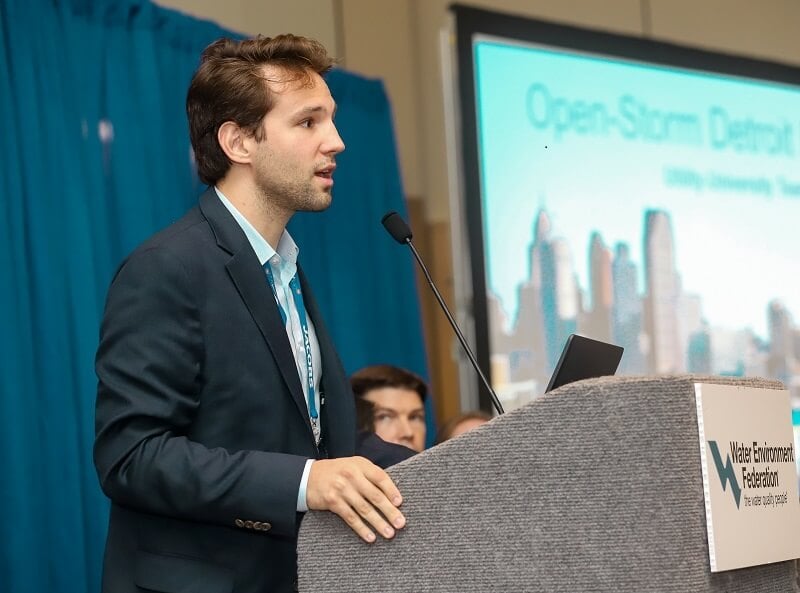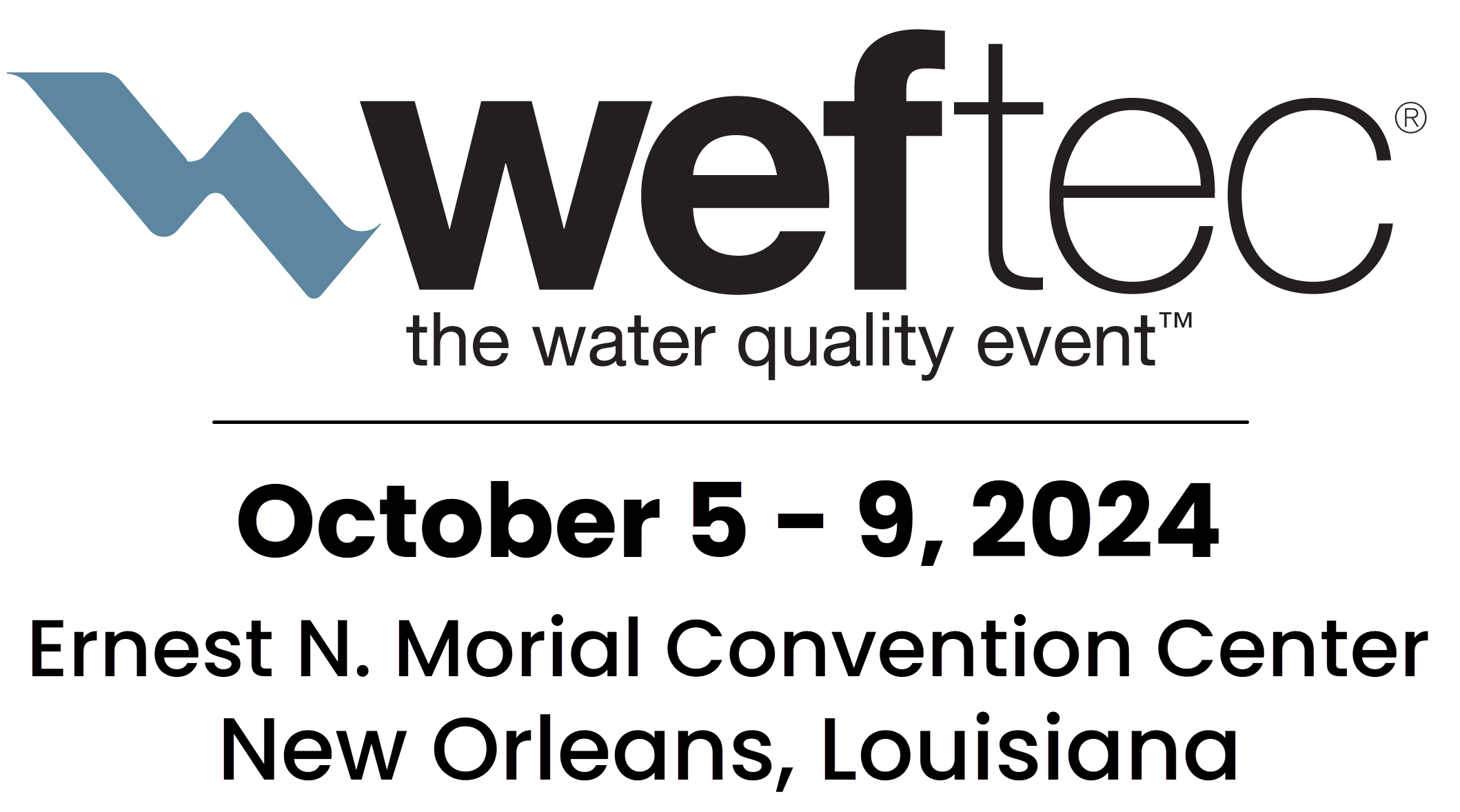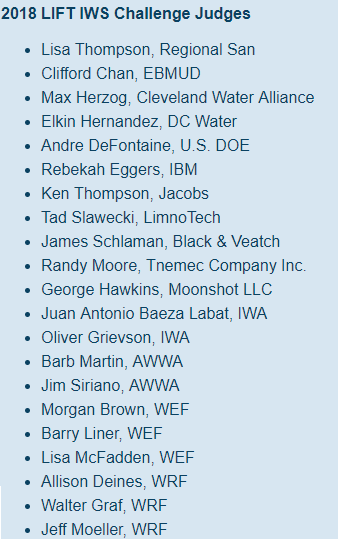On Monday, Oct. 1, three teams offered their final presentations in the first-of-its-kind LIFT Intelligent Water Systems (IWS) Challenge. After a few final questions, the competition’s 21 judges chose the team from the Great Lakes Water Authority in Detroit (GLWA) for their project, Open-Storm Detroit Dynamics, as the winner of the $25,000 first prize.
The team includes two members from GLWA – Wendy Barrott and Christopher Nastally – and four members from the University of Michigan – Branko Kerkez, Sara Troutman, Abhiram Mullapudi, and Gregory Ewing.
This competition offered students, professionals, and technology experts the opportunity to combine their talents and innovation with tools and data to help utilities better understand the dynamics of complex systems for making better decisions and demonstrating the value of advanced sensing and/or data technology. The challenge began in April and required teams to submit real-world problems to be addressed. In total, 19 teams completed the challenge.
The GLWA team used data analytics to develop a tool that maximizes the use of existing collection systems in Detroit and minimizes combined sewer overflows. The team predicted that their solution can enable Detroit’s system to handle an additional 100 million gallons with no new construction. Based on Detroit’s costs for building new storage, this translates to savings of about $500 million. The research grant underlying this tool was less than $200,000.





